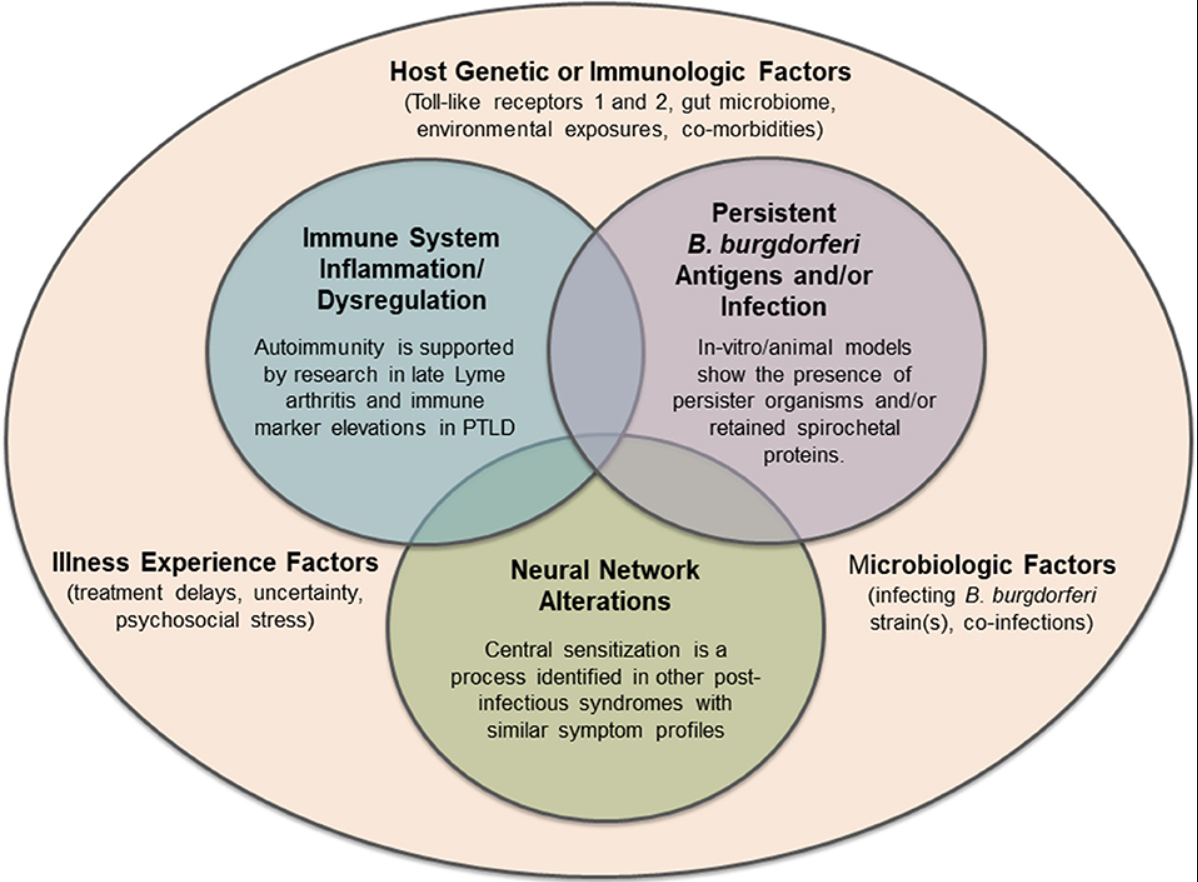
Summary The aim of this paper is to review the current literature on the diagnosis, etiology, risk factors, treatments and heterogeneity of patients with persistent symptoms of Lyme disease. The […]

This pilot study showed a direct molecular Lyme disease diagnostic test could be used to identify and genotype Borrelia burgdorferi during antibiotic treatment in early Lyme disease patients. Findings suggest that the host immune system or differential antibiotic susceptibility might have played a role in the observed genotypic shift.